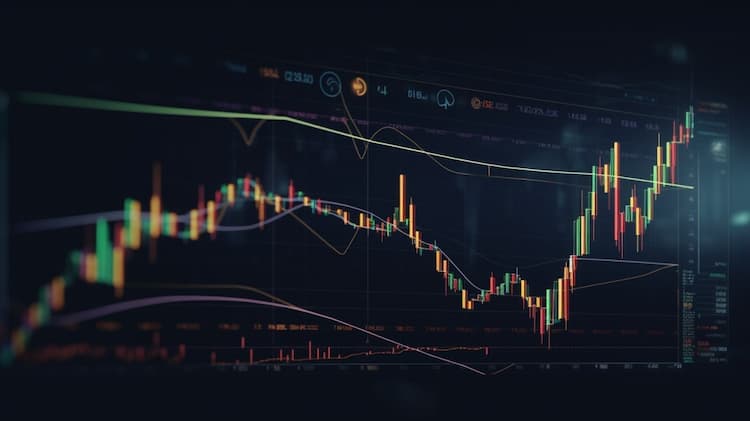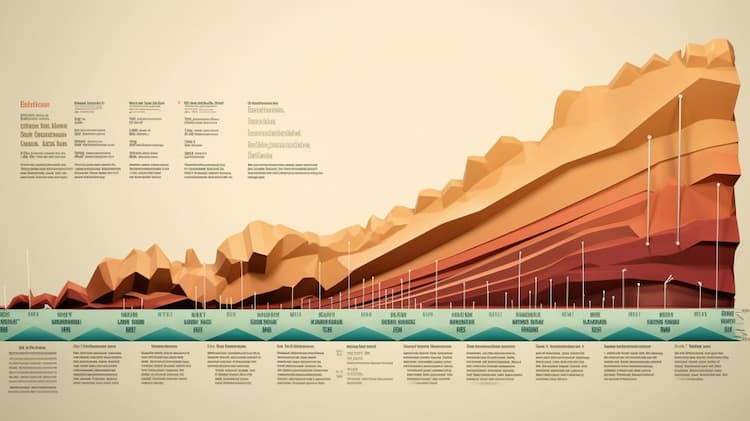
IWM VS IVV
Exchange-Traded Funds (ETFs) have become a cornerstone of modern investing, offering individuals exposure to a diverse range of sectors and assets. In this article, we will conduct an in-depth analysis comparing two prominent ETFs: IWM (iShares Russell 2000 ETF) and IVV (iShares Core S&P 500 ETF). We will explore various dimensions, including ETF tickers, full names, issuers, sectors, top holdings, capitalization, investment strategy, tracking methodology, and exposure.
IWM & IVV: Overview
IWM and IVV are two ETFs that cater to distinct segments of the market. While IWM seeks to track the performance of the Russell 2000 Index, representing small-cap U.S. stocks, IVV aims to mirror the performance of the S&P 500 Index, encompassing large-cap U.S. equities. Understanding the fundamental differences between these indices provides a solid foundation for comparing the two ETFs.
IWM & IVV: Sectors and Top Holdings
The IWM ETF, centered on small-cap stocks, is likely to include companies from sectors such as technology, healthcare, consumer goods, and more. On the other hand, IVV's focus on large-cap stocks exposes investors to sectors like information technology, healthcare, finance, and consumer discretionary. Analyzing the sectors and top holdings aids investors in assessing the potential diversification and risk factors associated with each ETF.
 IWM overlap IWM VS IVV
IWM overlap IWM VS IVV
IWM & IVV: Capitalization and Investment Strategy
The IWM ETF is relatively smaller in terms of assets under management compared to IVV, as it targets a narrower segment of the market. IVV's investment strategy revolves around capturing the performance of the broader S&P 500 index, representing a significant portion of the U.S. equity market. Differing capitalizations and investment strategies offer investors a choice between potential higher growth from smaller companies (IWM) and stability from larger, established firms (IVV).
IWM & IVV: Tracking Methodology and Exposure
IWM's goal is to mimic the performance of the Russell 2000 Index, which comprises around 2,000 small-cap stocks. IVV, in contrast, seeks to mirror the S&P 500 Index, encompassing 500 large-cap companies. The tracking mechanisms differ, with IWM needing to account for a larger number of holdings, potentially leading to higher volatility. Investors must weigh the pros and cons of broader market exposure (IVV) versus potential higher growth but also increased risk (IWM).
Conclusion
IWM and IVV represent divergent strategies for investors seeking exposure to the U.S. equity market. While IWM homes in on the potential of small-cap companies and the Russell 2000 Index, IVV offers a broad overview of the U.S. market through the S&P 500 Index. For individuals seeking deeper insights into holdings, correlations, overlaps, and other critical data, the ETF Insider app emerges as a valuable tool. With its user-friendly interface, it facilitates thorough exploration of these ETFs and other financial instruments.
Disclaimer: This article is intended for informational purposes only and does not offer investment advisory services.
Sources:
https://www.ishares.com/us IWM ETF issuer
https://www.ishares.com/us/products/239710/ishares-russell-2000-etf IWM ETF official page
IWM quote and analysis
Discover the top holdings, correlations, and overlaps of ETFs using our visualization tool.
Our app allows you to build and track your portfolio.
To learn more about the IWM iShares Russell 2000 ETF, access our dedicated page now.
FAQ
Why is IWM better than IVV?
IWM may be considered better than IVV for some investors due to its specific focus, offering diversification.
Does IVV beat IWM?
IVV's performance relative to IWM will vary over time, depending on market conditions.
Should I invest in IWM or IVV?
The choice between IWM and IVV should align with your investment goals, risk tolerance, and desired exposure.
Are IWM and IVV good investments?
Both IWM and IVV can be suitable investments depending on individual investment strategies, goals, and risk profiles.
What is the correlation between IWM and IVV?
The correlation between IWM and IVV can vary over time, reflecting differences in performance.


































